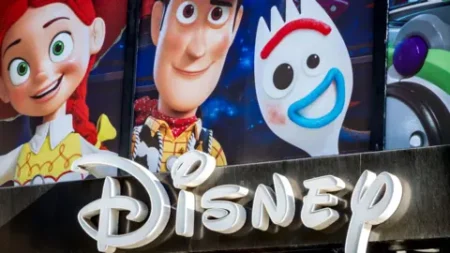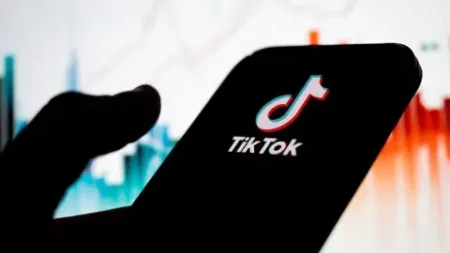The rise of artificial intelligence (AI) presents an evolving conversation about its role in society, as illustrated by the perspectives of individuals choosing to resist its adoption. Prominent among these voices is Sabine Zetteler, a founder of a communications agency in London. Zetteler expresses a strong conviction against utilizing AI, highlighting her belief that the authenticity and personal touch inherent in human-created work hold significant value. She articulates her frustration by referencing a quote that encapsulates her thoughts: “why would I bother to read something someone couldn’t be bothered to write.” Through her lens, engagement with AI, such as AI-generated articles, music, or advertising, dilutes the essence of creativity and personal expression.
Zetteler’s agency employs around 10 staff members, and as a founder, she emphasizes the moral implications of letting go of human employees in favor of AI advancements. She reflects on the absence of joy and aspirational value in delegating creative tasks to algorithms instead of working through them herself, which underscores a broader sentiment about the potential loss of personal connection and fulfillment in work settings.
The landscape of AI has transformed significantly since the launch of ChatGPT in late 2022, marking a watershed moment in the field’s popularity. Subsequently, services that harness AI have gained immense traction, with statistics indicating that ChatGPT alone receives over five billion visits monthly. However, Zetteler expresses concerns about the environmental costs associated with AI. It reportedly requires enormous energy to train and maintain AI systems, with estimates claiming a single query to ChatGPT consumes up to ten times more electricity than a regular Google search. This revelation resonates with others who share environmental concerns, such as Florence Achery, who runs a yoga business. Achery labels AI as “soulless,” indicating that it contradicts the human connection her business thrives upon.
For Achery, the ethical implications of AI extend beyond the philosophical; they touch on a practical level involving environmental degradation. She emphasizes the importance of community and human relationships in her work and is determined to distance herself from the technological dependence that AI cultivates. Echoing similar concerns, Zetteler acknowledges instances of AI creating social benefits, specifically in aiding individuals with disabilities, but remains skeptical about its long-term benefits for society as a whole.
Sierra Hanson, hailing from Seattle, adds another perspective to the conversation. She argues that reliance on AI diminishes critical thinking skills. For her, problem-solving fundamentally involves human cognition, a process that AI cannot replicate effectively. This concern echoes across varying industries as professionals grapple with the need to maintain their cognitive abilities while navigating an environment increasingly reliant on AI-generated solutions.
Amidst this backdrop, not all individuals enjoy the luxury of opting out of AI. Jackie Adams, a digital marketing professional, initially resisted AI out of environmental concern and a sense of laziness associated with its use. However, the evolution of her workplace dynamics prompted a shift. With her colleagues adopting AI tools for efficiency in tasks such as copywriting, Adams found the need to integrate AI into her work to remain competitive.
The sentiment of resignation appears common, as many professionals feel the pressure to adapt to a landscape where AI capabilities are becoming standard. James Brusseau, a philosophy professor specialized in AI ethics, underscores this viewpoint by proposing that the moment for opting out has already passed. He posits that while human input remains integral in some areas, such as medicine and law, AI will dominate fields like weather forecasting due to its operational efficiency.
Despite the multifunctionality and advantages AI presents, the uneasiness regarding its implications—whether for creativity, employment, critical thinking, or ethical consumption—continues to reflect a societal debate on the ethical use and potential encroachment of AI in everyday life. The considerations raised by skeptics epitomize a yearning for conscious decision-making about what defines human experience and creativity in an increasingly automated world.











